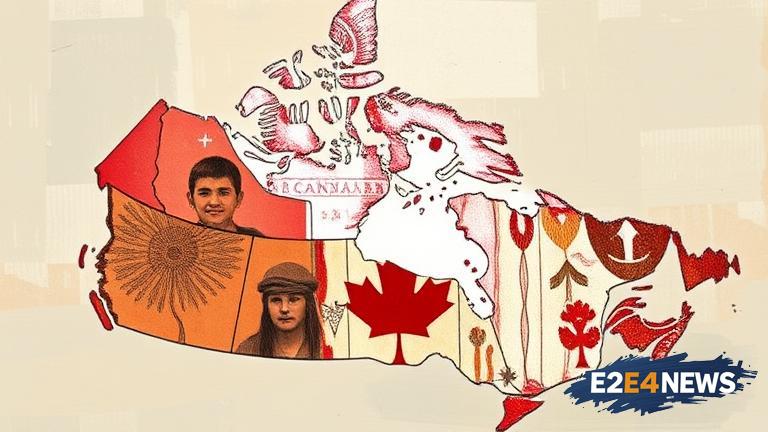The issue of Indigenous rights and reconciliation has been a longstanding concern in Canada, with many Indigenous communities facing significant disparities in areas such as education, healthcare, and economic opportunities. Recently, a number of high-profile incidents have brought attention to the issue, including the discovery of unmarked graves at former residential schools and the release of a report highlighting the disproportionate number of Indigenous children in foster care. The Canadian government has faced criticism for its handling of these issues, with many arguing that it has not done enough to address the root causes of these problems. In response to these criticisms, the government has announced a number of initiatives aimed at improving the lives of Indigenous Canadians, including increased funding for Indigenous education and healthcare, as well as the establishment of a new office dedicated to reconciliation. However, many Indigenous leaders and advocates have expressed skepticism about these efforts, arguing that they do not go far enough to address the systemic inequalities faced by Indigenous communities. One of the key issues at play is the need for greater Indigenous control over their own affairs, including the management of their own lands and resources. This is an issue that has been at the heart of many of the protests and demonstrations that have taken place across Canada in recent years, with many Indigenous communities arguing that they have been marginalized and excluded from decision-making processes. The Canadian government has also faced criticism for its handling of the inquiry into missing and murdered Indigenous women, which was established in 2016 but has been plagued by delays and controversy. The inquiry’s final report, which was released in 2019, made a number of recommendations for improving the safety and well-being of Indigenous women, but many of these recommendations have yet to be implemented. The issue of Indigenous rights and reconciliation is complex and multifaceted, and it will likely require a sustained and concerted effort to address the many challenges that Indigenous communities face. This will require not only significant investment and resources, but also a fundamental shift in the way that Indigenous peoples are treated and valued in Canadian society. It will also require a greater recognition of the historical injustices that have been perpetrated against Indigenous peoples, and a commitment to making amends for these injustices. Ultimately, the goal of reconciliation is to create a more just and equitable society, in which Indigenous peoples have the opportunity to thrive and reach their full potential. This will require a long-term commitment to addressing the systemic inequalities faced by Indigenous communities, as well as a willingness to listen to and learn from Indigenous peoples themselves. The Canadian government has taken some steps in this direction, but much more work remains to be done. The issue of Indigenous rights and reconciliation is not just a Canadian issue, but a global one, with many countries around the world grappling with similar challenges. However, the Canadian government has a unique opportunity to take a leadership role in this area, and to demonstrate its commitment to reconciliation and Indigenous rights. By doing so, it can help to create a more just and equitable society, not just for Indigenous peoples, but for all Canadians.
